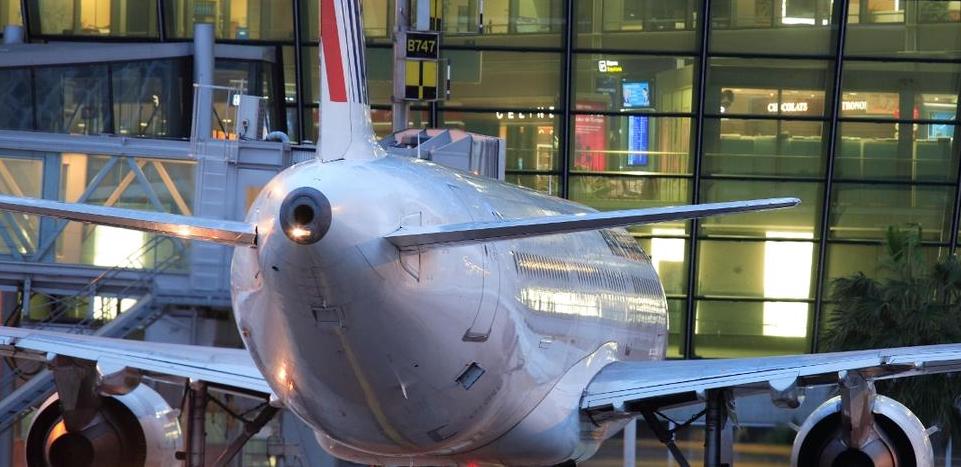French Riviera airports suffered losses of €132 million in 2020 after accommodating only a quarter of their normal international flights due to the global pandemic.
Airports of the Côte d’Azur, of which Nice Côte d’Azur is the largest, revealed on Thursday a “very significant” 55% decrease in turnover in 2020, totalling €132 million. The dramatic losses came amidst the Covid pandemic and the accompanying travel restrictions which saw a 50.9% drop in domestic passenger flights and a massive 77.7% reduction in international flights.
From March of last year, the airport group responded to the crisis and was able to keep all three airports under its umbrella fully operational – Nice Côte d’Azur, Golfe Saint-Tropez and Cannes Mandelieu. The company was able to do this through some fiscal cuts that included partial furloughs followed by a long-term reduced activity agreement with unions as well as an agreement from shareholders to waive dividends from the 2019 fiscal year.
But despite the cuts, the group suffered significant losses.
“Of course, the group’s financial results are clearly not great, but without the commitment and the sense of responsibility shown by our colleagues, they could have been much worse,” said Franck Goldnadel, Chairman of the Board of Aéroports de la Côte d’Azur. “This feeling of belonging to a group is one of our main markers, and it’s one of the key factors that explains how, despite the stormy circumstances, we have been able to keep up with our investments in infrastructure maintenance, safety and security, and our environment strategy.”
In addition to the revenue losses, the airports incurred several unexpected costs, primarily those involving the implementation of new public health systems to ensure passenger safety, as well as the need to comply with the latest regulations passed down from the government.
This was coupled with investments made in environmental protections as part of the company’s overall plan to reduce carbon emissions to zero by 2030.
“While the group has survived the unprecedented crisis of 2020, and is to continue in its work in 2021, our responsibility towards the region, in our capacity as airport managers, is to do our best to ensure that our commitments to protecting and respecting the environment are not compromised, at any cost. We consider ourselves to be the airport of the future and in this light, we must be role models in our sector and do all we can to delineate and embody this model: that of a high-performance airport, one that is safe and carbon-neutral by 2030,” added the chairman.
Nice airport turnover halved in pandemic year
